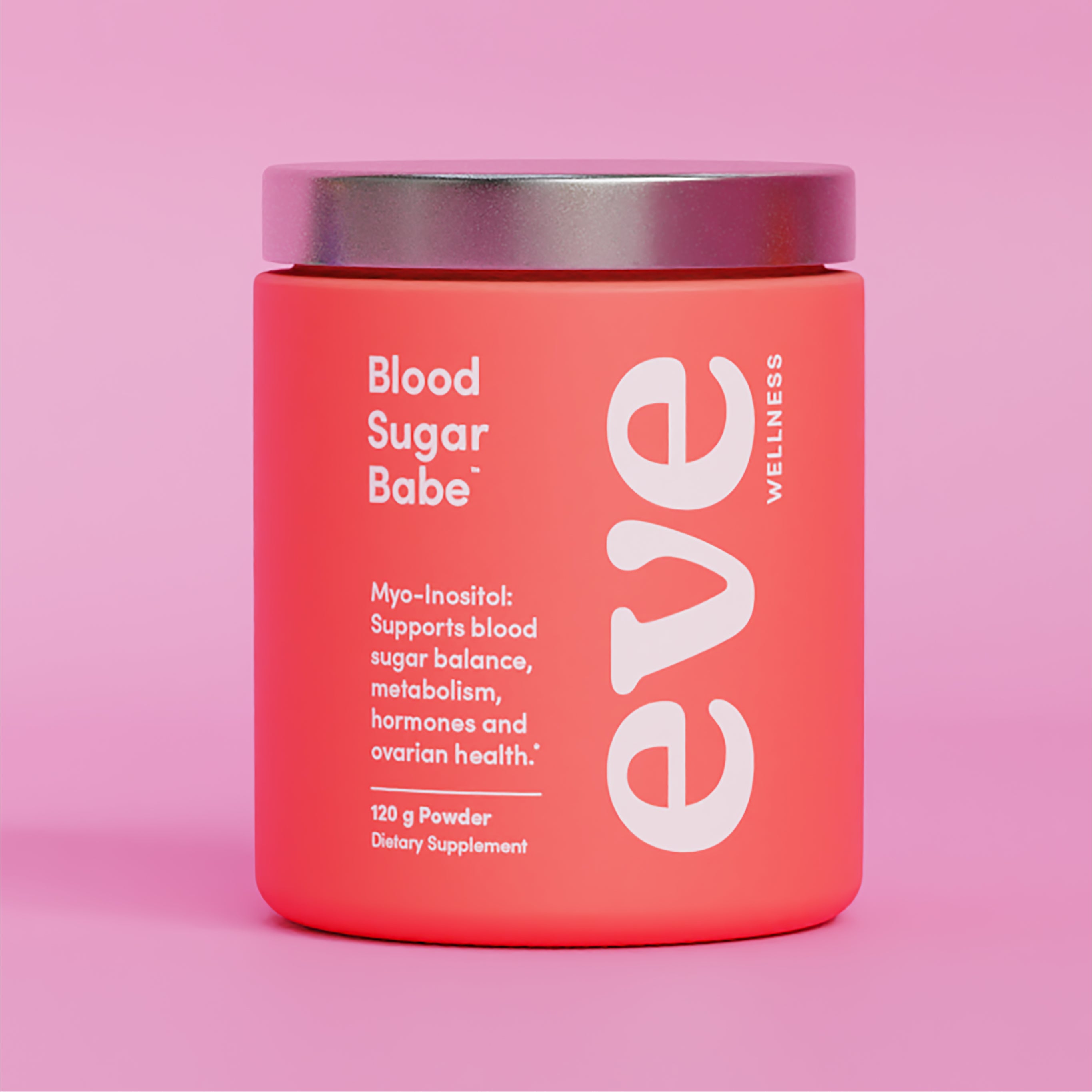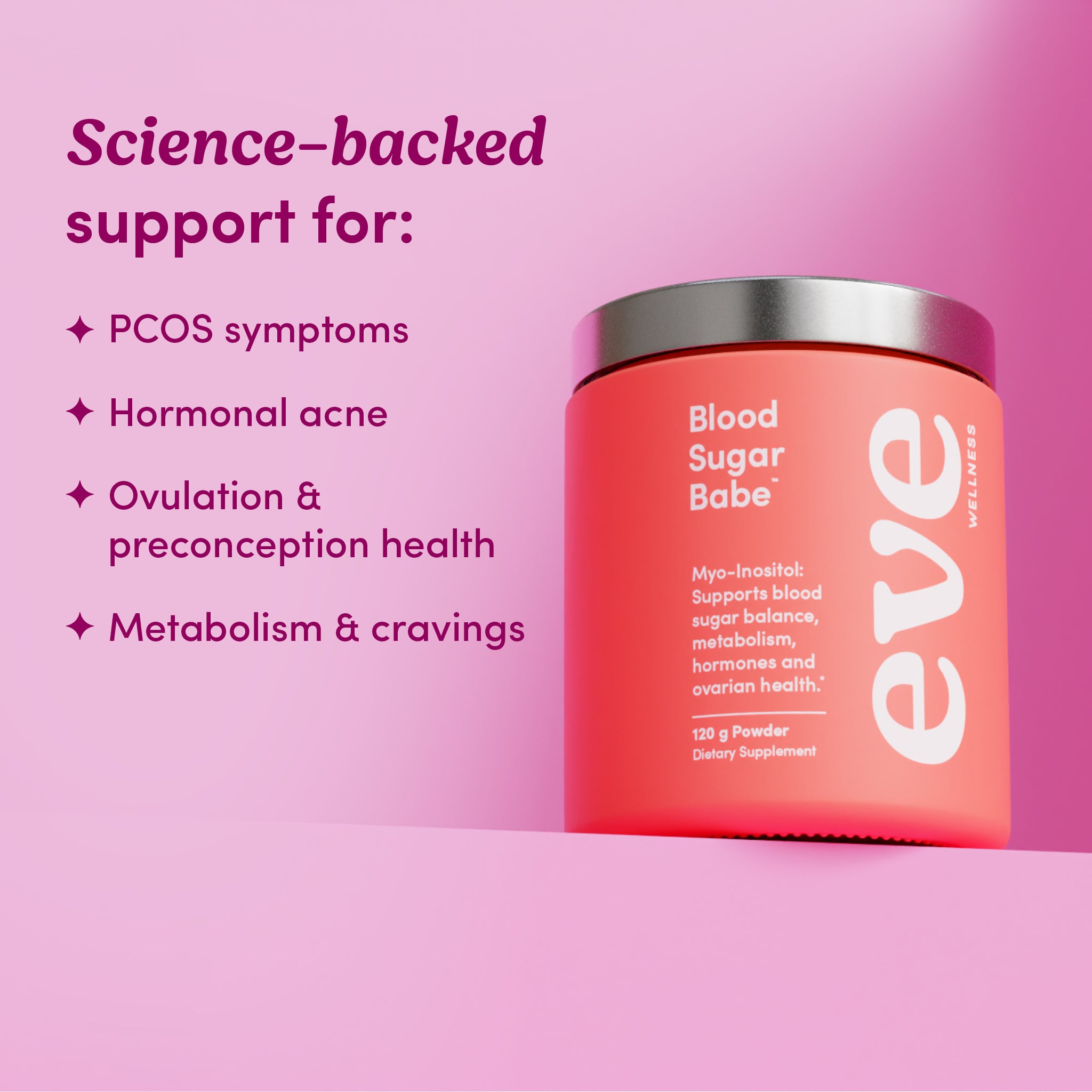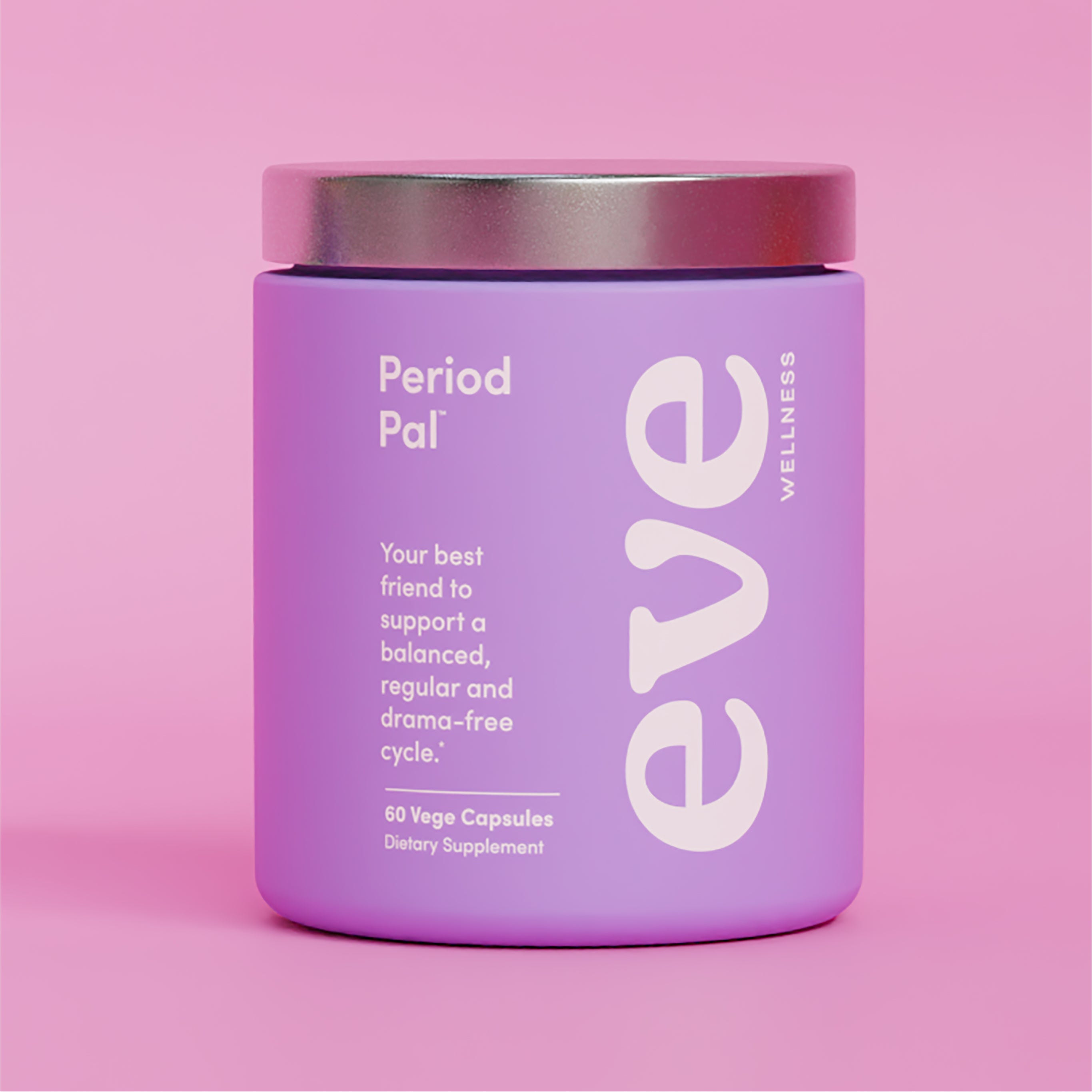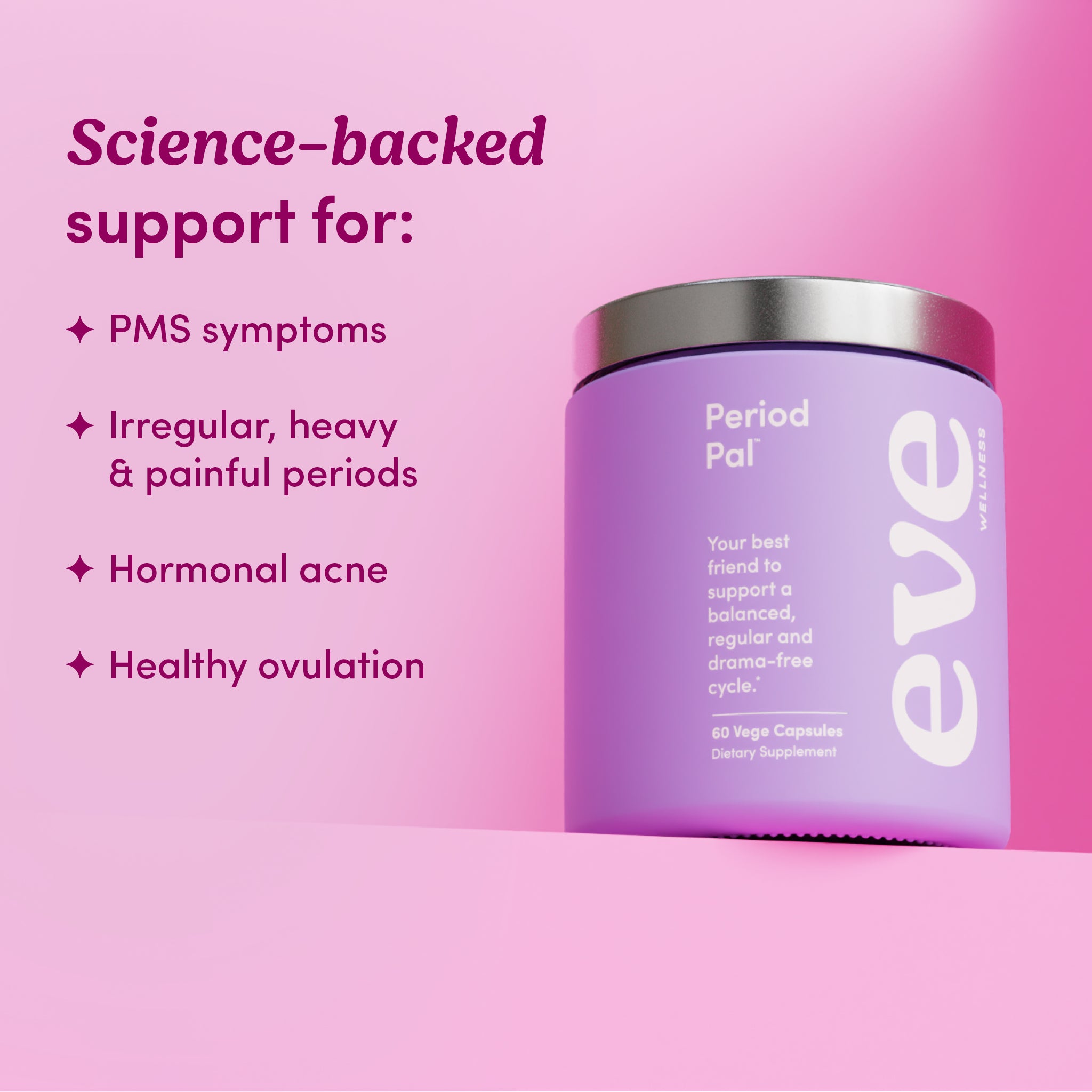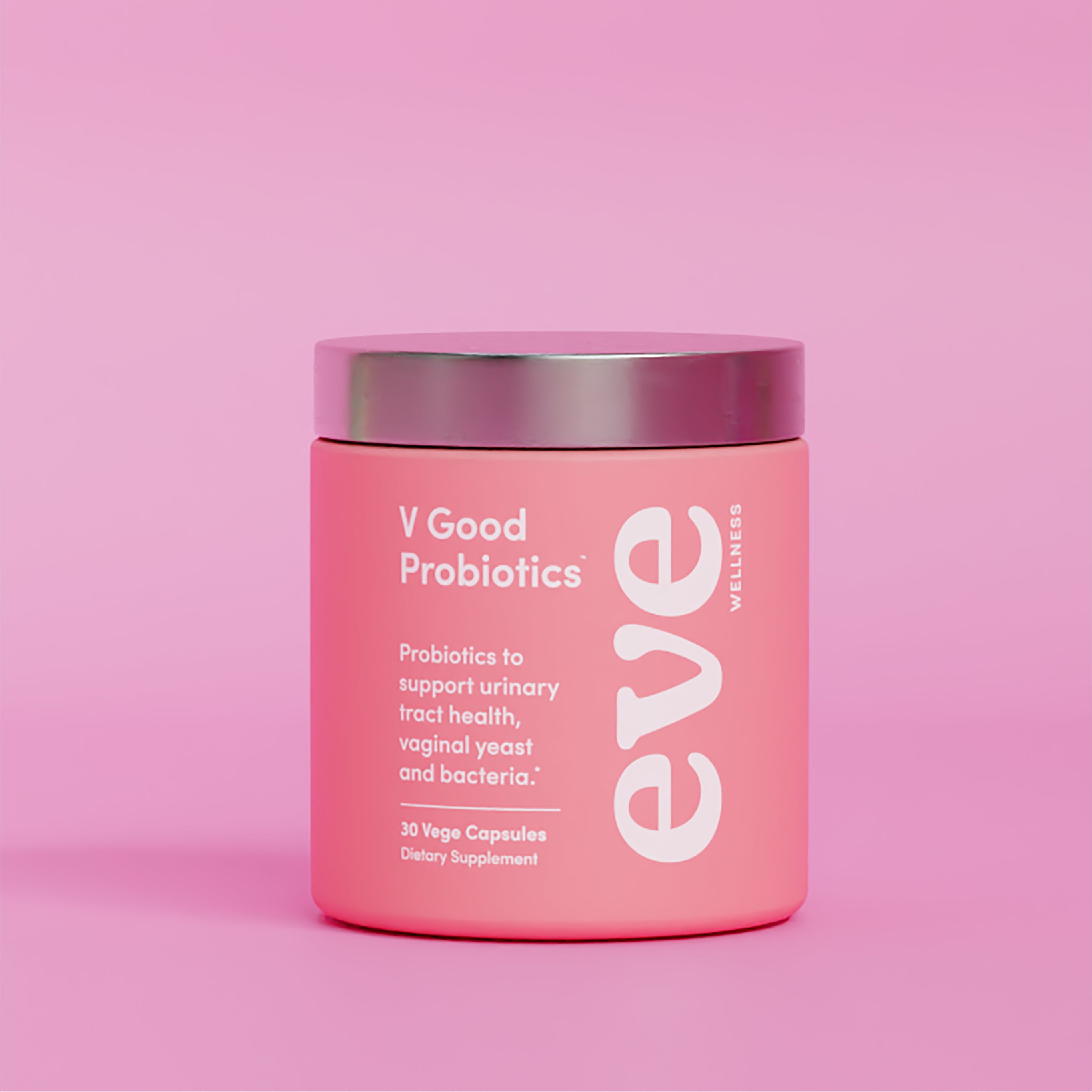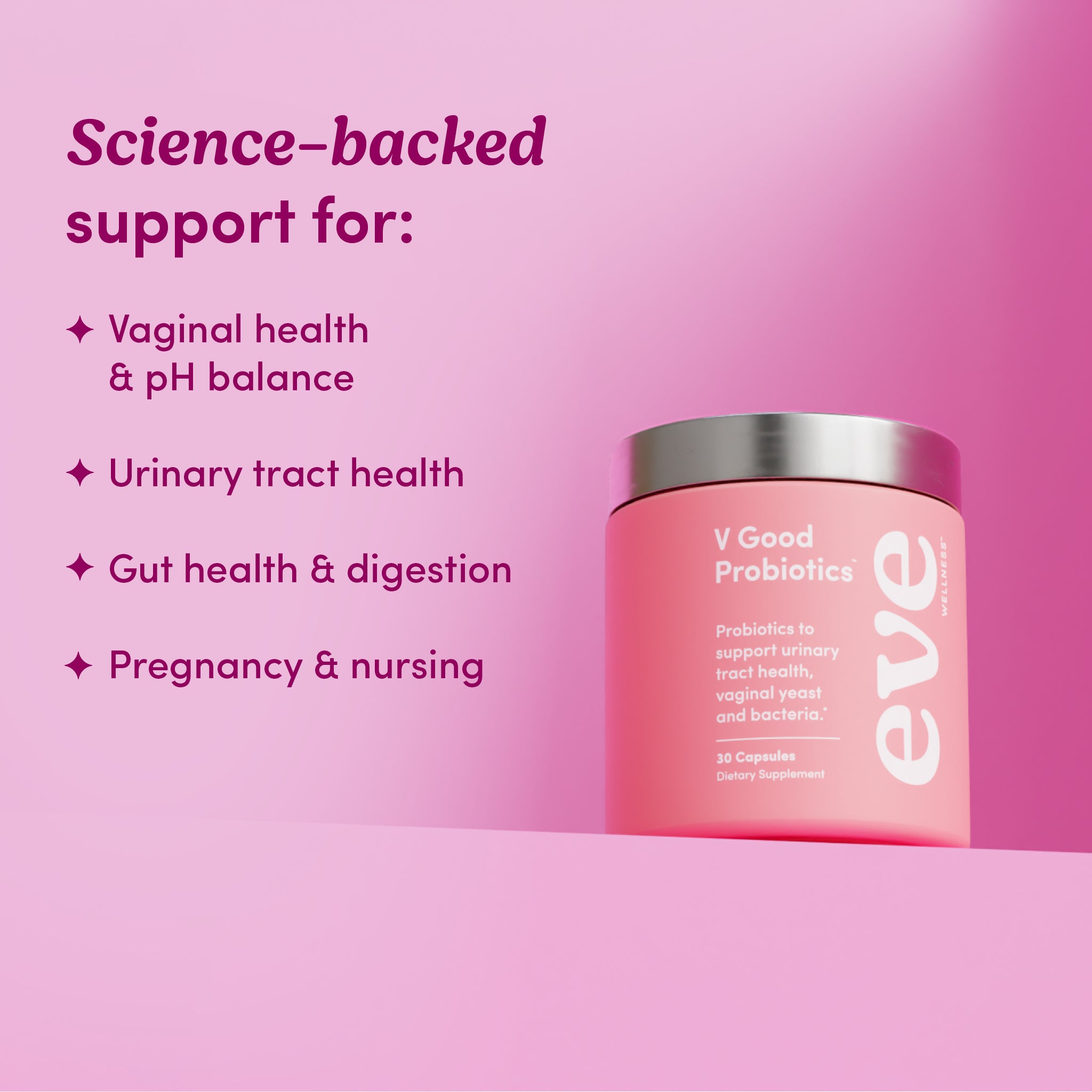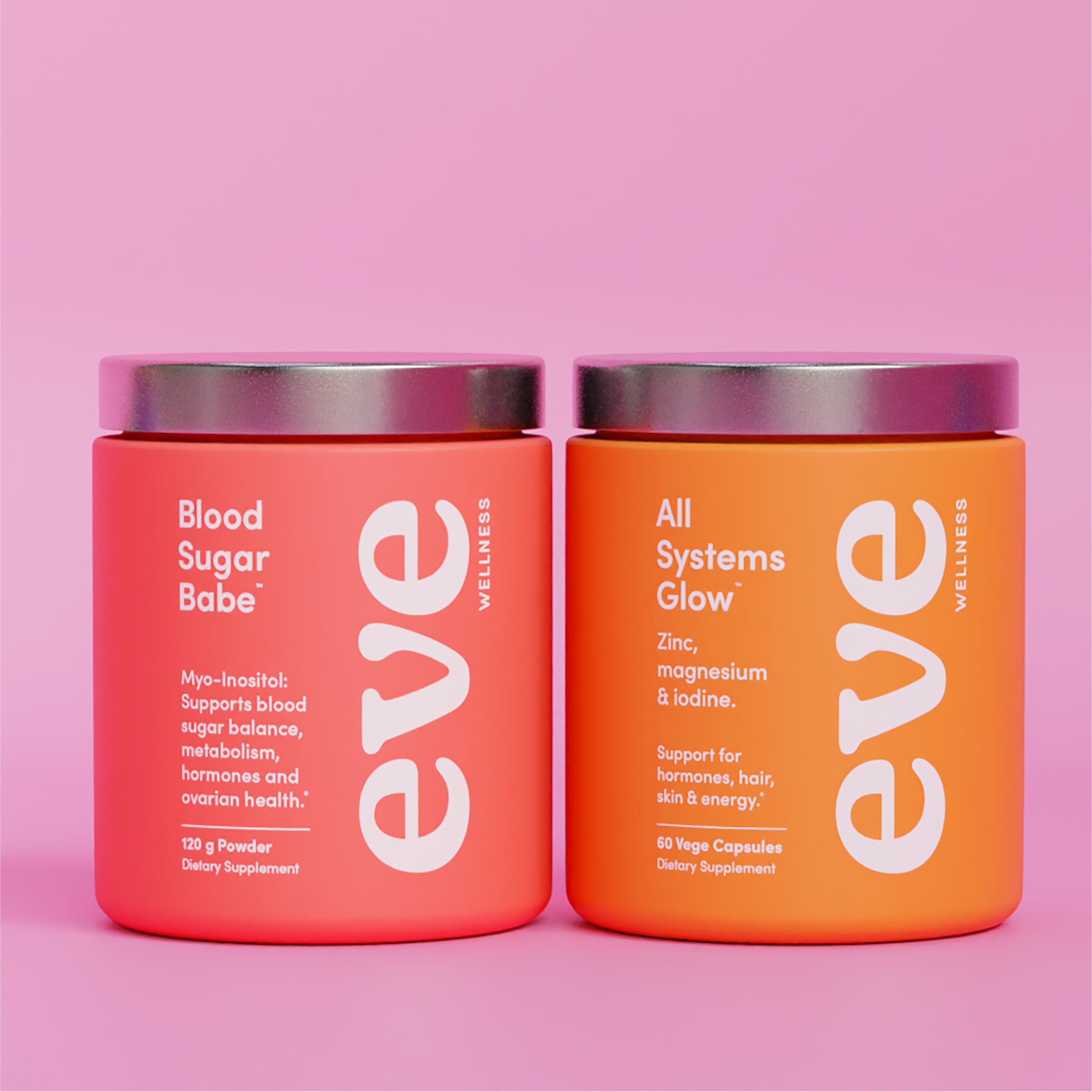You can only gain weight from taking in more calories than you’re burning, it’s just simple math right? Wrong.
There’s actually a lot more to it – We are so much more complex than that.
The age-old calories in/calories out hypothesis has been widely disproven, yet still remains one of the greatest misconceptions we have about diets, nutrition and weight loss to date.
The single biggest cause of weight loss resistance is hormones. And there’s a lot of them involved:
- Sex hormones;
- Stress hormones;
- Blood sugar and metabolism regulating hormones;
- Mood hormones and more.
Almost anyone that struggles with their weight, is also battling a hormone imbalance. Don’t misunderstand us; calories do matter, but hormones matter too. Maybe even more.
Hormones & weight: What's the deal?
First things first, let's get something straight. We want you to know that your self worth, beauty or value as a person, has absolutely nothing to do with the size or shape of your body. However, we can definitely understand the frustration of feeling like your clothes are only getting tighter, despite generally eating well and exercising.
The above scenario can fuel a toxic spiral of eating even less and exercising even more; all while getting caught up in a bundle of blame, self hate and negative thoughts. We don’t have to tell you that this is far from living your best life.
In any weight loss journey, calories are just one piece of the puzzle. Our energy intake is important, but not as important as our hormones. Calories provide energy, and our hormones control just how efficiently this energy translates to body fat.
When our bodies are healthy and hormones nicely balanced, it’s amazing just how easily our weight takes care of itself.
Hormones at play
Hormones are chemical messengers in the body that tell our cells what to do. From a physiological standpoint, these instructions are pretty crucial for telling our bodies what to hold on to for dear life and what to burn for energy.
Here’s what you need to know about some of the key stress and sex hormones involved in weight gain, loss and regulation:
Cortisol
Our bodies’ top priority at all times is - understandably - survival. Famine and predators are the two top threats your body is keeping watch for at all times.
Cortisol, our survival hormone, is released in times of stress to help us survive. We talk a lot about cortisol, and for good reason - as for many of us, living in a state of stress has become somewhat ‘normal.’
When your brain gets the impression that your life is in danger and subsequently activates cortisol production, it really couldn’t care less about those jeans you’d love to fit into.
Cortisol helps to safeguard your future by:
- Breaking down your muscle tissue for fast fuel (glycogen) in case you need to escape fast;
- Driving fat storage, particularly around your essential organs in order to keep them functioning in case you don’t have access to food for a while.
If you feel as though your body mostly stores and clings onto weight around your middle, this could be why.
In the process of activating cortisol production, it will also down regulate your sex hormone production to prioritise your survival over reproduction. If the world isn’t even safe for you, how could a baby possibly survive? This means that if your cortisol levels are out of whack; you can pretty much guarantee your sex hormones will be out of balance as well.
To support optimal cortisol levels:
- Take action to reduce all forms of stress in your life;
- Prioritise sleep - aim for at least 8 hours per night. Sleep deprivation is one of the most common causes of elevated cortisol;
- Consider taking a quality magnesium supplement or adaptogenic herbs to support your nervous system in times of stress.
Oestrogen
Oestrogen gets a pretty bad rap for being associated with stubborn weight gain, particularly around our hips, thighs and butt. This can be the case, but this is only true when we have an oestrogen dominance picture at play.
The truth is, oestrogen supports healthy mood and sleep and is really important for skin, bone health, insulin sensitivity, metabolic rate and libido. True, too much oestrogen can contribute to weight gain, but too little oestrogen can as well.
With oestrogen we want to find the sweet spot. It should rise during the first half of our cycle, find its peak at ovulation, then drop off and let progesterone dominate for the rest of the month.
To support optimal oestrogen levels:
- Eat your greens, especially cruciferous vegetables that support detoxification of oestrogen we have used and no longer need;
- Reduce your exposure to oestrogen mimicking xenoestrogens found in plastics, cosmetics, pesticides and soy products;
- Maintain a healthy level of body fat for your unique body. Low body fat is the number one cause of low oestrogen levels.
Progesterone
Progesterone is the balancing and calming hormone that’s released after we ovulate and acts as the dominant hormone for the second half of our cycle (also known as the luteal phase).
Progesterone really is your best friend when it comes to managing or reducing body fat.
One of the ways it does this is by warming your core body temperature and increasing your metabolism—meaning you’ll burn more, and need more calories after ovulation, and for the rest of your cycle. Progesterone also enables us to tap into our fat stores for energy, and keeps our oestrogen levels in check.
Another reason we love progesterone is its calming and relaxing effect on the body, that soothes the mind and helps us sleep. We probably don’t need to tell you that sleep is oh so important for building and repairing muscles and regulating stress and hunger hormones.
To support healthy progesterone production:
- Reduce stress where you can. This blog will help you identify stressors to focus on;
- Eat enough food, especially the right kinds of carbs. This prevents your body from going into ‘famine-mode’;
- Make sure you’re getting enough essential nutrients, particularly vitamin B6, magnesium, iodine, selenium and vitamin D. These nutrients all support ovulation, which is essential for happy progesterone levels.
Testosterone
Yes, women have testosterone too, just in much smaller amounts than men and it happens to be our best friend for building muscle mass.
With lower than optimal testosterone levels, we can become a little softer around the edges and feel as though we aren’t making any progress despite our best weight training efforts.
Low testosterone can also show up as low energy, weight gain and irregular menstrual cycles.
Too much testosterone, however, is linked to insulin resistance, PCOS and increased body fat. Like oestrogen, we need testosterone. But we need it in the right amounts.
To support healthy testosterone levels:
- Ensure you are getting enough healthy fats in your diet such as avocados, oily fish, nuts, and the ‘good kind’ of oils such as olive, coconut and avocado oil;
- Focus on strength-based workouts such as weight training, pilates and body weight exercises. These types of exercise can boost testosterone;
- Ensure you are getting adequate amounts of key nutrients such as vitamins A, C, E and K, magnesium and zinc, all of which are important for testosterone production.
Looking for extra support? Try Period Pal - every woman's best friend to support a balanced, regular and drama-free cycle.
